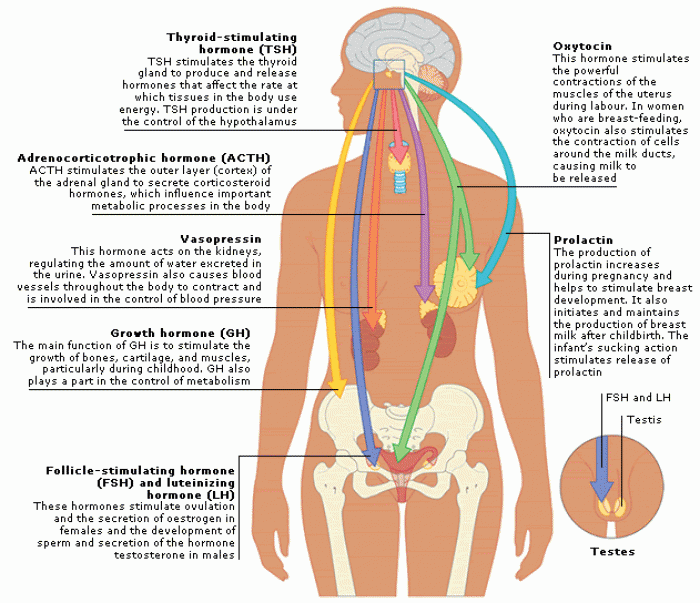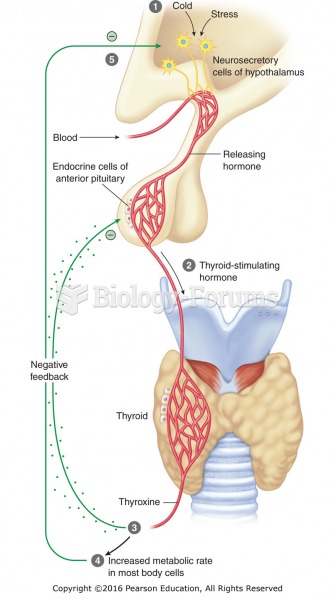|
|
|
Did you know?
Thyroid conditions may make getting pregnant impossible.
Did you know?
The human body produces and destroys 15 million blood cells every second.
Did you know?
You should not take more than 1,000 mg of vitamin E per day. Doses above this amount increase the risk of bleeding problems that can lead to a stroke.
Did you know?
On average, someone in the United States has a stroke about every 40 seconds. This is about 795,000 people per year.
Did you know?
Nearly 31 million adults in America have a total cholesterol level that is more than 240 mg per dL.







